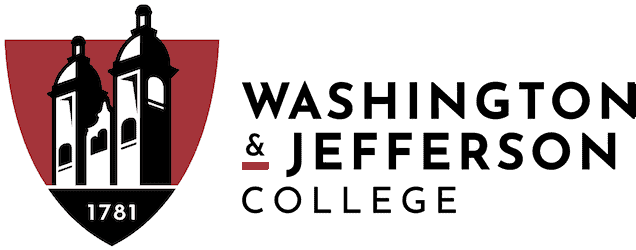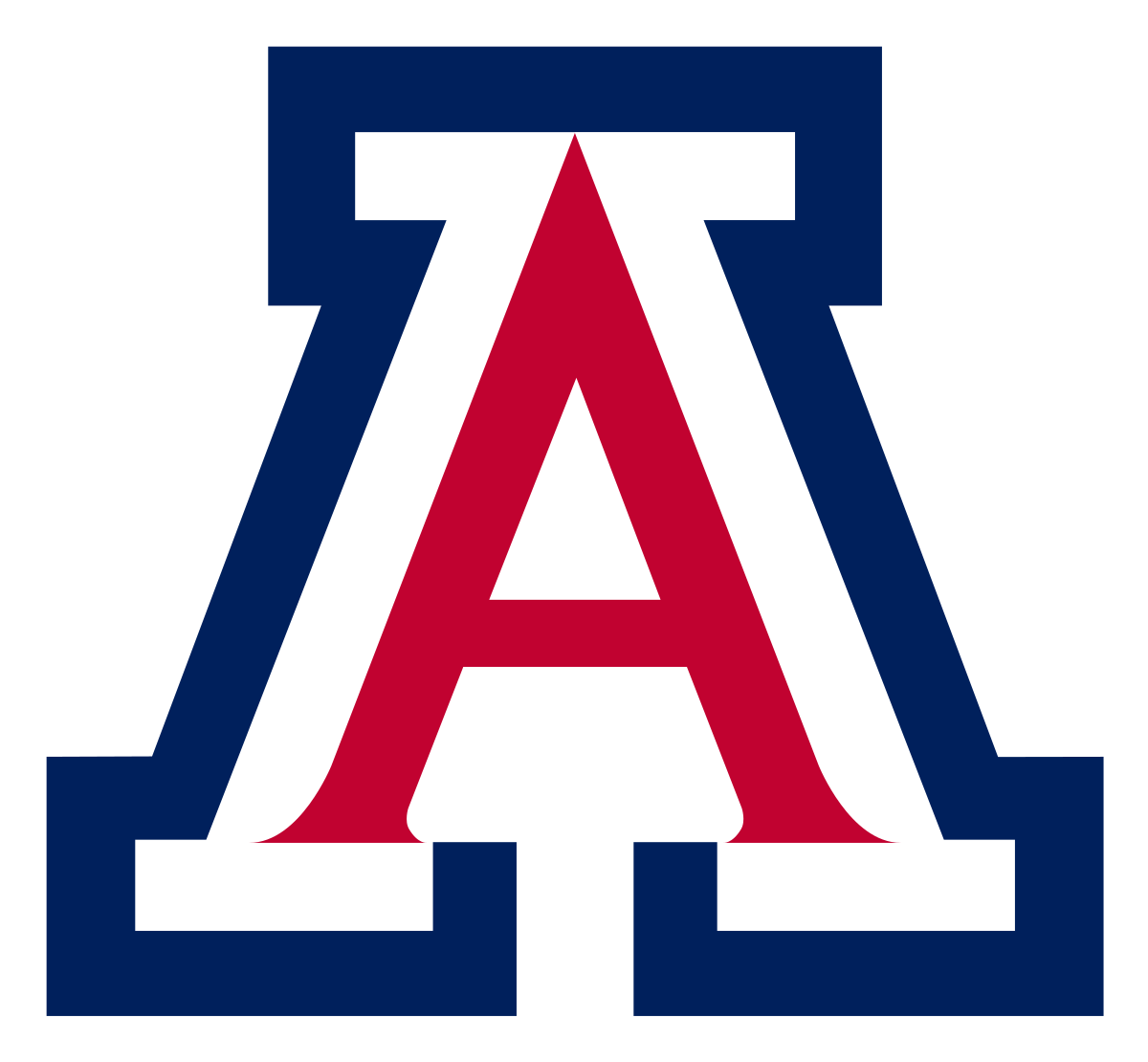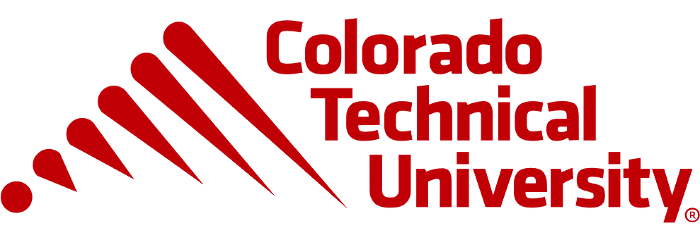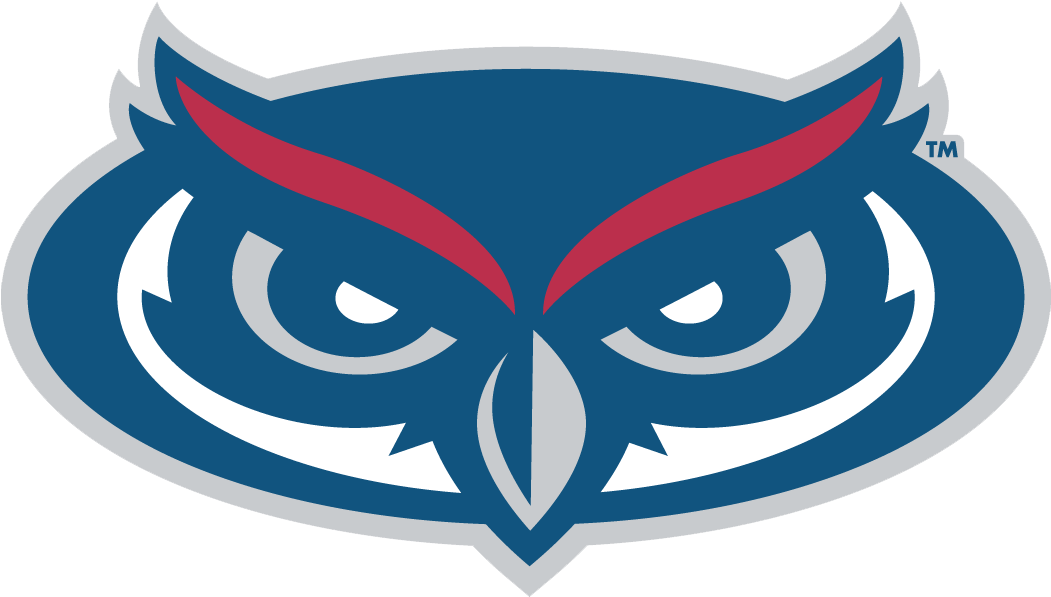After nearly two years of interrupted learning, virtual recruiting, and declining enrollment across most sectors, colleges are getting back to business. The spirit of innovation is alive and well.
At Eduventures Summit 2022: Higher Education Remastered, held last week in Boston, Congratulations to Colorado Technical University, Florida Atlantic University, University of Arizona, and Washington & Jefferson College on their accomplishments. Here are their stories.
Washington & Jefferson College – A Blueprint to Prevent Summer Melt
University of Arizona – Personalization at Scale to Maximize Yield
Colorado Technical University – Texting to Increase Retention
Florida Atlantic University – Team-Based Analytics to Improve Student Success
Washington & Jefferson College
A Blueprint to Prevent Summer Melt
Background
Mid-pandemic, Washington & Jefferson faced an increasingly acute and common problem: fewer prospects, more competition, and difficulty standing out from the crowd. In 2020, the university lost 13% of its enrollment to summer melt. To reverse this trend, the school made it a goal to engage the new students as much as possible and give them a place in the Washington & Jefferson community well before they arrived for move-in day in August.
Innovation
To accomplish this goal, the enrollment office partnered with colleagues across campus to create a "deposit to start" working group comprised of members from: admission, financial aid, the registrar, student success, residence life, athletics, and faculty. The group met weekly and developed a comprehensive plan to ensure that all students were contacted in a timely manner and able to interact with all necessary departments.
Key to the anti-melt strategy was hitting students with the right message from the right person at the right time. The group developed email and video messages; text messages; print mailings; Zoom sessions focused on housing, courses, and student activities; phone calls; ZeeMee live events and ZeeMee chats; individual financial aid counseling sessions; and one on-campus pre-orientation event.
Constant communication across all departments was paramount to ensure that messaging was consistent and that all departments were prepared to talk about any topics, especially challenging ones (e.g., vaccine requirements, billing, etc.). The "deposit to start" team members were responsible for communicating all relevant information to the various teams across campus—a true campus effort.
Outcome
In 2021, as a result of this campus-wide initiative, student melt was 7%--a reduction of nearly 50% from the year prior (13%). In 2022, the "deposit to start" efforts were launched even earlier in the cycle. The working group still meets weekly and continues to build on the previous year’s success.
University of Arizona
Personalization at Scale to Maximize Yield
Background
At University of Arizona (Arizona), as at many postsecondary institutions, enrollment management sits at the intersection of students, retention, academics, community, data, and business. Working with so many different stakeholders is challenging, but this year the admission team was uniquely challenged—balancing virtual and in-person and supporting complex student needs—all while keeping up with the twists and turns of institutional initiatives and pivots.
One annual event where this all comes together is Admitted Student Day – the University’s single best yield and anti-melt tool. This day-long event involves partnerships and collaboration with over 50 different campus units ranging from academic colleges to resource centers, student groups, and more. Pre-COVID, Admitted Student Days attracted as many as 2,500 students to campus. As the first in-person admission event since the pandemic started, stakes were particularly high.
Innovation
The decision was made not to follow the same script as past events. Instead, the team at Arizona began laying the groundwork for success many months in advance by using the Eduventures Student Mindsets™ (Mindsets) as an overarching framework to bring intentionality and focus to the event:
- The University began by providing Mindset information and training to all campus recruitment partners in the fall.
- Leading up to the event, the team asked partners to take Mindsets into consideration in all aspects of their planning and involvement, reporting, for example, how their involvement would support a Social Focus student or perhaps be more geared toward a Grad School Bound student.
- Arizona then translated this information into its app and virtual agenda so students could explore not just by title but also by their interest.
This approach enabled the University—across all 50 campus units that interact with students—to transcend a conventional information session.
Outcome
In its first in-person event since the return to campus, the university anticipated the pre-pandemic norm of 2,500 attendees. It nearly doubled that number with 4,845 total attendees and an 80% show rate—unheard of in events of the past. The week following Admitted Student Day, it saw about a quarter of non-committed students take action to commit to enroll. The new and improved approach to Admitted Student Day was credited with allowing students to see how their own thinking and aspirations are reflected on campus and in the community.
Colorado Technical University (CTU)
Texting to Increase Retention
Background
Prior to the pandemic, CTU recognized that it was not receiving enough feedback from students—largely working adults with many demands on their time. Leadership hypothesized that if they knew more about what prevented students from persisting, they would be able to take more appropriate action. Traditionally, the university gathered feedback through emails, phone calls, and surveys, Perhaps, they concluded, these channels were convenient for the university, but less so for busy students.
Innovation
To better identify and address student needs, the university developed “CTU Messenger” and deployed it through both student and faculty mobile applications and through the Learning Management System. Messenger is similar to texting and allows faculty and advisors to communicate with students in real time, sharing comments, images, and attachments and discussing personal, technology, and academic challenges. Insights from these conversations shape early interventions.
Feedback volume increased substantially, but it became quickly overwhelming. CTU then turned to another key element of the innovation: use of Kapiche, a text analytics service that sorts thousands of messages and flags those in need of attention.
Outcome
Since the implementation of CTU messenger, the volume of student messages now averages 240,000 annually (for a student population of about 25,000). Additionally,
- Course evaluations indicate high student satisfaction with CTU Messenger.
- CTU Messenger is associated with improved academic outcomes.
- Messenger themes and patterns (e.g., COVID-19 issues) are reviewed by the Student Advising Team.
Analysis is ongoing into CTU Messenger use at the college and faculty level.
Florida Atlantic University
Team-Based Analytics to Improve Student Success
Background
The advent of Florida’s performance-based funding model meant that Florida Atlantic University (Florida Atlantic) now had specific outcomes to focus on, including: freshman-to-sophomore retention with a 2.0 GPA and four- and six-year graduation rates. In 2014, the university failed to retain more than a third of all full-time, first-time students with at least a 2.0 GPA in year two, and only 19% completed their degrees in four years. The school ranked near the bottom of all Florida universities and was subject to financial penalties. The state required successful implementation of an improvement plan to restore those operating funds.
Led by the president, Florida Atlantic embraced a clearly defined goal: break down organizational barriers to boost timely degree completion by first-year students.
Innovation
These institutional silos—with competing priorities, goals, and decentralized data centers—made it complicated for students to navigate the university. To counter this, Florida Atlantic launched a team-based analytics approach to:
- Establish cross-functional teams to boost student outcomes by launching and assessing interventions
- Create dashboards to visualize trends and predictive analytics that provide a common understanding of how measurements are defined
Team-based analytics engages a mix of stakeholders who can make rapid recommendations. The approach relies on a cross-functional team spanning divisions and units of the university that does not traditionally interact on academic matters or student success conversations. Silos are traversed by the group coming together to constructively challenge each other and triage conflicts. Open, data-fueled dialogues mean legacy barriers to student progression can be resolved more quickly.
As part of this initiative, this cross-functional team:
- Established definitions for key measurements. For instance, enrollment can be defined by headcount (of interest to service units that rely on foot traffic) or student credit hour (important to finance and academics).
- Implemented standardization in record-keeping and data systems resulting in a data warehousing approach that pulls information across systems into a definitive repository.
- Developed annual progress reports detailing interventions, outcomes, and impacts on state funding metrics.
Outcome
Team-based analytics drove the university from a 66% retention rate of 2.0+ GPA students in 2014 to 81%—the second biggest improvement in the state system over six years. It also increased its 19% four-year graduation rate to 47.5%. Team-based analytics is now a permanent fixture at Florida Atlantic and is key to enabling the university to thrive under the state’s performance-based funding model.
Never Miss Your Wake-Up Call
Learn more about our team of expert research analysts here.
Eduventures Senior Vice President of Research at Encoura
Contact





